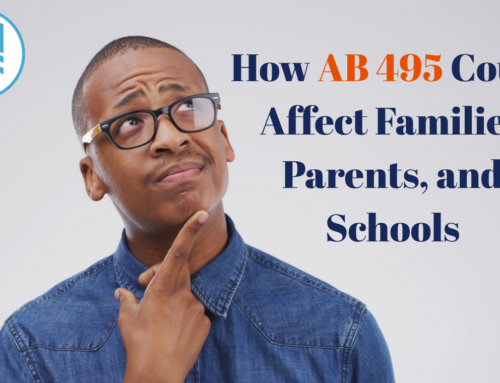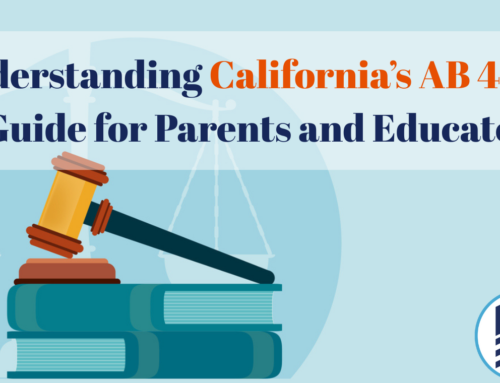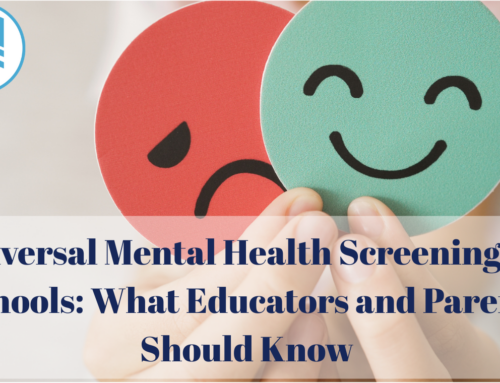
On Monday, Governor Greg Abbott directed state education leaders to prohibit books containing pornography from entering the Texas public school system.
The governor’s letter, which was addressed to heads of the Texas Education Agency, the Texas State Library and Archives Commission, and the Texas State Board of Education, says that parents are outraged over “material that is clearly pornographic, which has absolutely no place in the Texas public education system.” The letter calls for state education officials to put forth standards to keep pornographic materials out of public school.
Governor Abbott referenced two books that have been removed from two different Texas school districts: Gender Queer by Maia Kobabe after parents complained about its “pornographic drawings,” and In the Dream House by Carmen Maria Machado, which Abbott said “describes overtly sexual and pornographic acts.”
Abbott mentioned in the letter that he raised concerns with the Texas Association of School Boards about the issue, who then did nothing. He said the association has “attempted to wash its hands clean of the issue by abdicating any and all responsibility in the matter.”
Abbott wrote, “Given this negligence, the State of Texas now calls on you to do what the Texas Association of School Boards refuses to do.” He mentioned that handing pornography to a minor is illegal in Texas. He ends the letter by calling for transparency in the school system for parents, saying that the state education leaders’ response will “ensure that no Texas child is exposed to pornography or obscene content while in a Texas public school.”
In response to the governor’s letter, Texas Education Commissioner Mike Morath says that the Texas Education Agency “takes seriously” the “call for action on this [matter] of great importance to families of Texas public school students.” Additionally, the State Board of Education chair, Kevin Ellis, says that public school parents “should have the reassurance that their children are not at risk of being confronted with pornographic and obscene material when they are in school.”
Maia Kobabe, who authored Gender Queer, is no stranger to the book being challenged. Kobabe tells CNN that people need to read the whole book as opposed to just seeing small excerpts shared on social media.
Kobabe says school should be a safe place for students to learn about their gender identity and sexuality.
“I know we have the internet, but the internet is absolutely rife with misinformation,” Kobabe shares. “And I think there’s a danger if you Google some topics about queerness, that you will land on sites that either are misinformation or coming from a really negative point of view, or it will send you straight to pornography, unfortunately.”
Nationwide, parents have been disturbed by the sexually-explicit images and themes presented in Gender Queer, saying they’re pornographic. They’ve even shared some of the content on social media to spread awareness for other parents, which had to be blurred out because it was too inappropriate.
Gender Queer was one of the books Virginia parent Stacy Langton complained about in a school board meeting that made headlines. Langton, who is now prohibited from entering her son’s school library, said she saw parents complaining about inappropriate books at a school board meeting in Texas. She then decided to check her child’s school library in Fairfax, Virginia and found the very same questionable books.
Langton then decided to present the books at a school board meeting. As she was in the middle of reading a sexually explicit excerpt from one of the books, Lawn Boy, her mic was cut off for the inappropriate content. Since Langton complained, the school has taken the books off the shelves to be reviewed.
“I don’t care about the gender of the participants in the book, I don’t care about the sexual orientation of the characters,” Langton explains. “It’s just pornography, full stop.”
Parents across the country have been working together to ban specific kinds of books from libraries. Some have tried to remove books like To Kill a Mockingbird or Of Mice and Men, believing them to contain racist ideas. For others, it’s the sexual content in books like Gender Queer and Lawn Boy that they have a problem with.
“I don’t ban books—that’s not my thing,” shares Bonnie Anderson, a mom who has worked in Texas to remove sexually explicit books from school libraries. “There’s just so much great literature out there, I just don’t understand why these books have to be there. When I send my kids to school, I want them learning reading, writing and math and not becoming indoctrinated, and it seems that’s so hard now.”
Do you think any of these books should be banned? Is there a solution that could appease both sides of the argument?





[…] that have been repeatedly under attack are Gender Queer and Lawn Boy because of their sexually explicit scenes and dialogue. Dr. Jonathan […]
[…] Some of the content that has troubled parents, such as promoting controversial forms of “racial justice,” has been pushed on students at a higher level. For instance, this past month, the National Education Association recommended a book that contained depictions of marijuana use and taking a knee during the National Anthem. […]
[…] Some of the content that has troubled parents, such as promoting controversial forms of “racial justice,” has been pushed on students at a higher level. For instance, this past month, the National Education Association recommended a book that contained depictions of marijuana use and taking a knee during the National Anthem. […]
[…] that have been repeatedly under attack are Gender Queer and Lawn Boy because of their sexually explicit scenes and dialogue. Dr. Jonathan […]